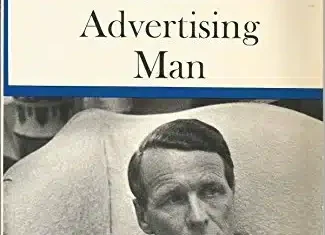Yesterday, Google announced that they were shutting down Google Stadia. While I was a big fan of the service, the announcement didn’t surprise me very much, as Stadia just never really caught on. If you’re asking “What was Stadia?”, that pretty much explains what happened.
If you saw Google’s official Stadia launch trailer a few years ago, seen here, it probably didn’t help your understanding at all:
After watching that video, you probably have very little idea what Stadia really did. Rather than that two-minute bit of craziness, a simple message would have done much better. Something like:
“Not that long ago, if you wanted to watch a movie at home, you needed a DVD or Blu-ray player, but then Netflix streaming came along and let you just use whatever device you had to stream the movies directly to you.
Similarly, most video games systems like PlayStation and Xbox need a console next to your TV to power the games. Stadia is more like Netflix for video games. As you’re playing the game, Google handles the hard work and just streams the game to whatever device you happen to be on, whether that’s a laptop, tablet, phone, or Chromecast-enabled TV. There are no downloads, no consoles, no updates — just start streaming your games instantly on the devices that you already have.”
I even made a short video a few years ago showing Stadia running a hot new game on an ancient Chromebook that we had, and it ran wonderfully:
The problem is that Google’s messaging was unclear and people just didn’t understand. Even yesterday when it was announced, a very tech-savvy (and video game playing) friend of mine said “What was it, really? It streamed or something? How did it work?“. He had no idea, and he was their target demographic.
Back in 2019 when it first came out, I heard tech podcasts talking about it with statements like “Google has a new video game system, so that’s one more device you’ll need to put next to your TV“. That wasn’t accurate at all, but it wasn’t the fault of the podcast — Google just wasn’t clear.
Storytelling and messaging are vitally important for every business. If you can’t make it clear what you’re offering and how it’ll improve someone’s life, you’ll lose their attention almost immediately. When we build websites, messaging strategy isn’t optional — a beautiful website with poor messaging is destined to fail.
Video game streaming is still a fantastic thing and should continue to grow, with services like Amazon Luna, Xbox Cloud Gaming, and PlayStation Plus streaming, but Google had arguably the best tech and yet they’re the first ones out.
We’ll never know for sure, but I fully believe that better messaging could have made a big difference for Google.




